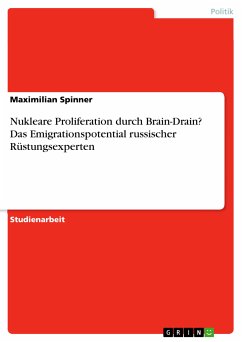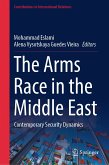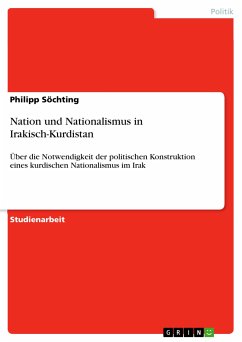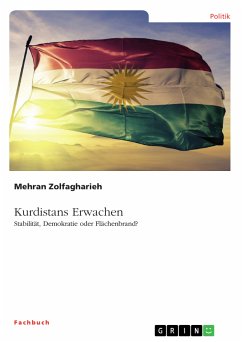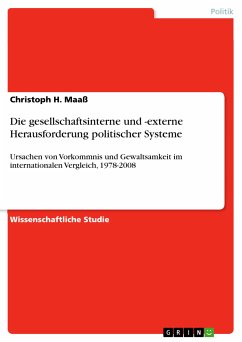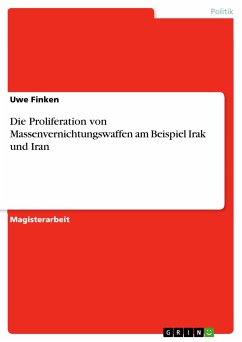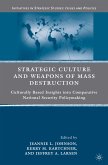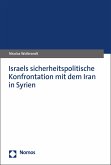Studienarbeit aus dem Jahr 2001 im Fachbereich Politik - Internationale Politik - Region: Russland, Länder der ehemal. Sowjetunion, Note: 1-, Freie Universität Berlin (Osteuropainstitut), Veranstaltung: HS Global Risks, Sprache: Deutsch, Abstract: During the last ten years after the end of the cold war the discussion about the threat of proliferation of nuclear weapons and missile technology has been put again on the agenda. Russia is blamed to be a possible source of fissile material and especially human brain drain for “rogue states” such as Iran, Irak or North Korea interested in becoming nuclear powers. This paper argues that there is quite some potential of nuclear and missile experts in Russia willing or at least interested in emigrating because of the worsening social and economical circumstances in the former “closed cities”. But nevertheless this potential does not pose a serious threat as most of the potential migrants are prevented from leaving Russia by their lack of resources or connections and administrative restrictions. As corresponding to classical migration theory, those persons overwhelmingly prefer going to higher developed countries, mainly to Western Europe, the USA or Israel.

